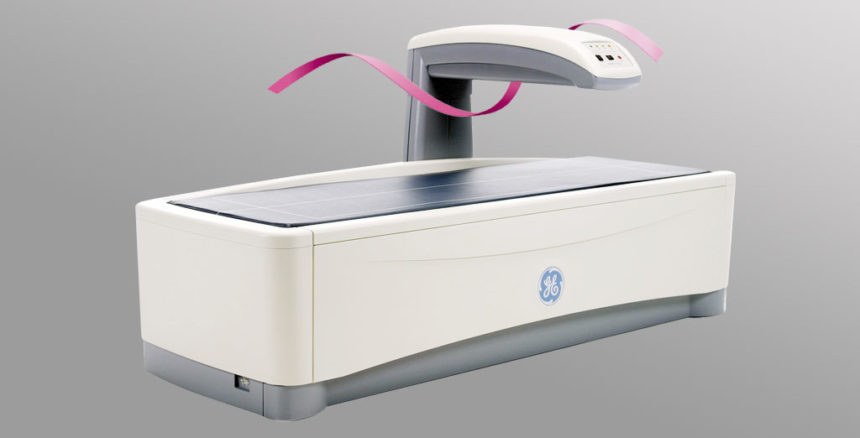Your bathroom scale doesn’t tell the whole story about your weight. It cannot distinguish between your body’s bone mass, lean mass, and fat mass. Neither does body-mass index (BMI) – the widely-used, but controversial formula, derived from dividing a person’s weight in kilograms by his/her height in meters, to determine whether or not he/she is overweight.
New research found flaws in the formula – that led to the mislabeling of millions of Americans as obese, when they really weren’t (and visa-versa) –concluding that BMI is an unreliable and inaccurate measure of health.
So what can we trust?
Enter whole-body scans, known in medical circles as Dual-Energy X-ray Absorptiometry, but more commonly referred to as DXA. This new technology looks inside to reveal your body composition—breaking it down into bone, fat, and lean tissue.
DXA was first developed as a diagnostic tool to measure bone loss and assess a patient’s risk for osteoporosis, but has since become the gold standard for body composition analysis. GE’s CoreScan*, the new DXA technology, quantifies patients’ visceral fat to help in the management of cardiometabolic diseases associated with excess visceral fat – including type 2 diabetes.
As discussed in a recent Wall Street Journal article, the ability to accurately measure fat makes DXA an invaluable tool for patients, clients, and athletes who are trying to lose weight and gain muscle through a combination of “diet, exercise, and resistance training”.
The procedure, now available at Bergen Imaging Center using GE Healthcare’s Prodigy*, is quick, painless, and safe—exposing patients to minimal doses of radiation.
“Bergen Imaging Center is proud to offer DXA/bone densitometry and body composition analysis, which complements our suite of high-end, patient- and quality-centric imaging services. A patient can potentially receive all of her preventative imaging in one convenient visit,” said Dr. Christopher L. Petti, Medical Director at Bergen Imaging Center.
*Trademark of General Electric Company

